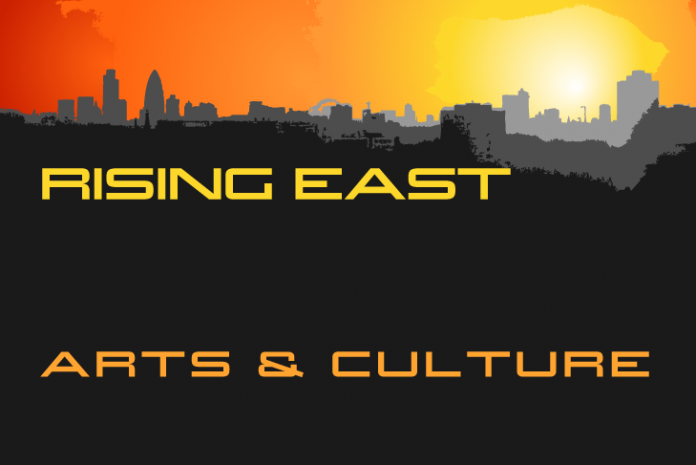Katy Sharp-Watson saw Gaza stripped back on film.
Think of the Gaza strip and you think of war, Israeli occupation, starvation, and a population under siege. But there is another side to the Gaza Strip, rich in culture and especially in film-making talent. As part of the London Palestinian Film Festival hosted by the Barbican Centre, Gaza: A Triple Bill promised to show both these aspects – film culture being brought to fruition in the depiction of conflict and the suffering of Palestinian people.
Striplife, an observational documentary tracing a day in the life of the Gaza strip, offered a poetic account of everyday struggles. Made by a group of Italian filmmakers (Nicola Grignani, Alberto Mussolini, Luca Scaffidi, Valeria Testagrossa and Andrea Zambelli) it gives an account of the everyday encounters that shape Gaza as a living, breathing city.
At the outset, fishermen haggle on the beach to claim ownership of a family of stingrays which have been mysteriously washed up on shore. There is money to be made, but for these poverty-stricken people, the fish appear as a gift sent from God.
We see a farmer peacefully tending his crops. His solitude is disrupted by the sound of gunshots from afar, but he does not flinch or move. The sound of gunfire is so commonplace that it doesn’t cause him to skip a beat in his normal activity. Next, a group of urban gymnasts – extraordinarily strong and agile – run, jump and summersault across the city as if it were their own private playground. War has left many buildings desolate and abandoned, but they utilise these spaces to their full advantage, breathing new life into a burnt-out war-zone.
The most moving story is that of a photographer, who lost his lower limbs as a result of Israeli gunfire, but continues his art from a wheelchair.
In Striplife, the flow of daily life is only momentarily disrupted by siege, and the film succeeds in capturing the essence of life in Gaza. The film was made in 2013 – before the 2014 summer conflict; it is all the more sobering for the realisation that the situation has worsened since it was shot.
Second on the bill was Walid Matar’s 16-minute short, Tendid (Condemnations) set in Tunisia during the 2008-9 war on Gaza. The arrival of a television gives a big boost to a struggling café. Locals flock there to watch football and to see news of the war, causing the corner café to be re-named The Resistance Café. Tendid is not a comment on the Gaza conflict; instead it shows the solidarity of Muslim people in their support for one another, and succeeds by offering a light-hearted, satirical self-assessment.
The third screening was of Shuja’iyah: Land of the Brave, a six-minute film from the 2014 summer conflict. The film blends audio of a man’s desperate voice as his neighbourhood comes under attack, together with images from the collection of filmmaker Hadeel Assali, depicting life in the Shuja’iya district of Gaza. The images of children and families laughing and smiling are juxtaposed with the pleas of the devastated man.
This short film was a poignant reminder of the atrocities of war, and it brought the evening to a solemn conclusion.
Gaza: a triple bill was screened at the Barbican Centre on Thursday 4th December as part of the 2014 London Palestine Film Festival.

